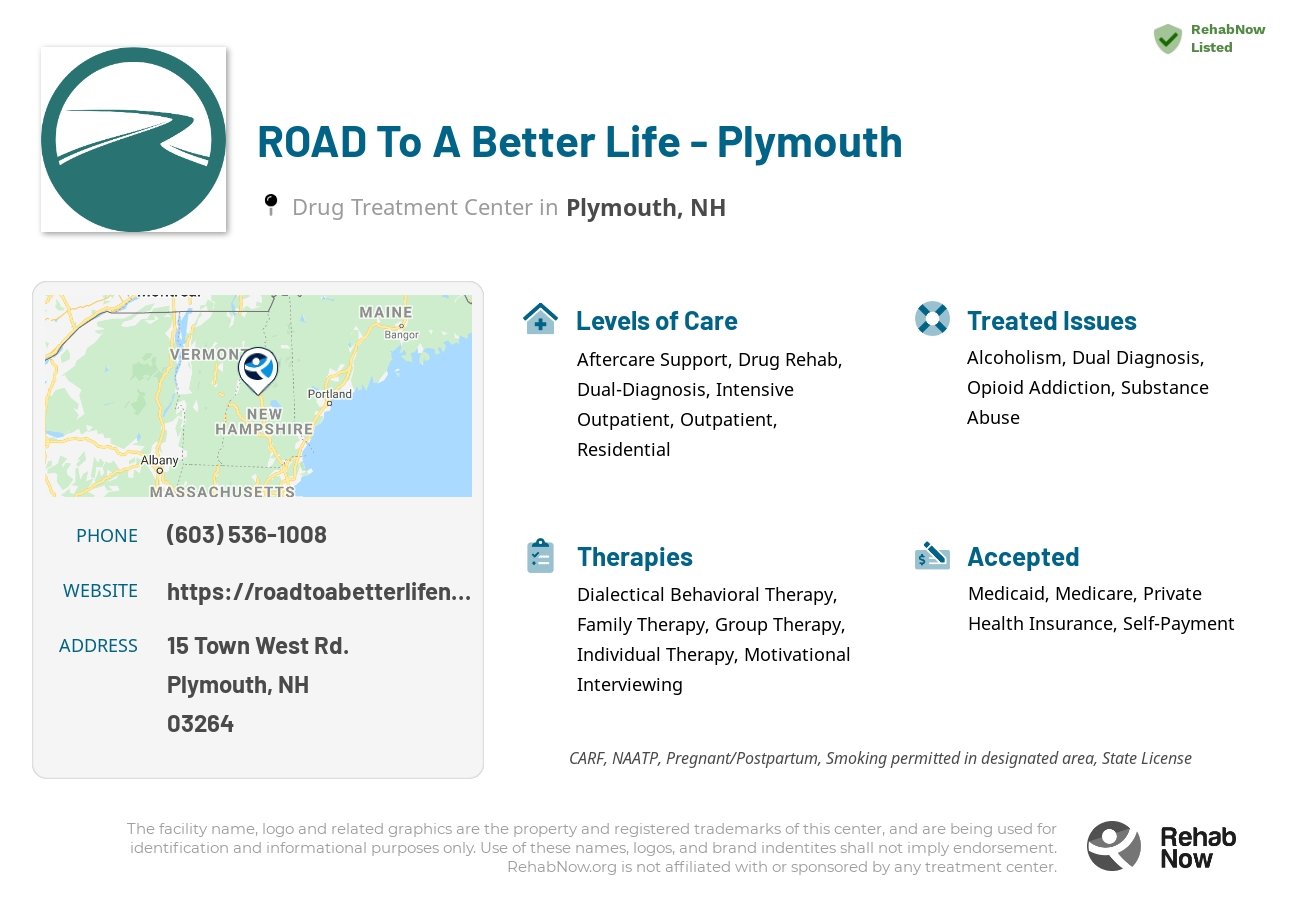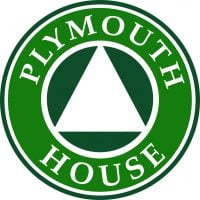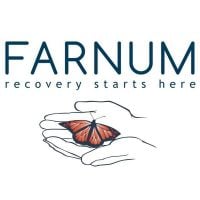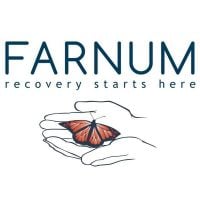ROAD To A Better Life - Plymouth
Drug Rehab Center in Plymouth, New Hampshire
ROAD To A Better Life – Plymouth is an evidence-based, gender-responsive addiction treatment center in New Hampshire that offers individualized treatment plans, a holistic approach to recovery, and a variety of services including relapse prevention education and aftercare services.
Multiple patients have reported ROAD To A Better Life - Plymouth as permanently closed.
Research other rehabs in Plymouth, New Hampshire, or get help finding an open facility.
About This New Hampshire Facility
ROAD To A Better Life – Plymouth is an alcohol and drug addiction treatment center located in Plymouth, New Hampshire. It is an evidence-based, gender-responsive facility that offers a holistic approach to recovery from addiction. Their team of skilled professionals create individualized treatment plans designed to help patients achieve sobriety, gain insight, and work toward a life in recovery. The center offers a variety of services, including individual and family counseling, group therapy, and 12-Step meetings. They also provide relapse prevention education and activities to help individuals stay sober and encouraged on their road to recovery.
At ROAD To A Better Life – Plymouth, they understand the complexities of addiction and create tailored treatment plans that take into consideration the individual’s history and needs. They offer various evidence-based treatment modalities, such as trauma-informed care, mindfulness instruction, and dialectical behavior therapy. They also offer holistic therapies like yoga, art therapy, and music therapy, to empower patients to heal emotionally, spiritually, and physically. In addition, their highly trained staff of counselors and therapists are focused on providing the best possible care to their patients and support them in any way they can.
ROAD To A Better Life – Plymouth is accredited by the Joint Commission, making it one of the most trusted and reliable addiction treatment centers in New England. The center also boasts a high success rate for patients in long-term recovery. They also offer aftercare services, such as alumni groups, peer support groups, and ongoing therapy to help individuals stay on track with their sobriety long after they leave treatment. With their expertise and commitment to recovery, ROAD To A Better Life – Plymouth is a great choice for those seeking help for addiction or substance abuse.
Genders
Ages
Modality
Additional
Conditions and Issues Treated
A drug abuser needs help because if no one helps them, they will not leave their vicious circle.
People who abuse drugs are likely to suffer from an addiction, which can cause serious health problems. It can also cause quarrels with people around them. It is common for drug abusers to have difficulty holding down jobs or relationships, but sometimes people around them can be quite tolerant. There are cases where the families of the drug abusers do not want to see them get any help, and the subject becomes controversial.
When it comes to helping drug abusers get sober, there are many options to choose from. It is essential to state that there is no “correct” way of doing things. People are different, and they need different types of help to get over their addiction.
Opioid addiction treatment should be done in a medically supervised drug rehab. Opioid addiction treatment will include detoxification and drug rehab counseling to help both the user and their loved ones learn how to live a successful sober lifestyle. Methadone, buprenorphine, and naltrexone are three medications that can help treat opioid addiction. Individual drug rehab counseling sessions can be helpful to discuss any questions or concerns with the drug treatment program.
When addiction and psychiatric issues co-occur, the addict’s recovery is more successful when both conditions are treated. A dual diagnosis refers to a condition in which the patient is diagnosed with two health issues: addiction and bipolar disorder.
Usually, dual diagnosis sufferers are prescribed a combination of treatments for each condition. The most common therapies are psychotherapy, behavioral therapy, spiritual counseling, 12-step programs, and medication management.
Psychiatric conditions are an obstacle to recovery because they can create roadblocks to a healthy lifestyle. Drugs and alcohol may be used as a means of self-medication, which can have dangerous consequences. Over time, addicts build up a tolerance and suffer withdrawal symptoms when drug use is stopped.
With the proper treatment, dual diagnosis sufferers can overcome their conditions and achieve lasting sobriety.
Levels of Care Offered at ROAD To A Better Life - Plymouth
This center offers a variety of custom treatment tailored to individual recovery. Currently available are Aftercare Support, Drug Rehab, Dual-Diagnosis, Intensive Outpatient, Outpatient, Residential, with additional therapies available as listed below.
The Intensive Outpatient Program at ROAD To A Better Life - Plymouth is for those who need intensive care but would rather get it in the comfort of their own home. The treatment programs vary in duration and intensity and can be tailored to suit the individual’s needs. IOP helps the patient to live at home and gradually get back to their routine life.
Daily trips to the hospital that provides the treatment include intensive outpatient services (IOP). The patients gradually get back to their everyday lives. IOP benefits the most when the patients have a supportive family member or friend who can encourage them in their recovery.
Individuals struggling with drug addictions can get help from several treatment options, including inpatient and outpatient programs. Outpatient drug treatment programs can also provide patients with different levels of care, usually depending on the patient’s degree of addiction.
At an outpatient program in Plymouth, a patient will attend a recovery program during the day and return home in the evening. Suppose a patient is struggling with drug addiction. In that case, an outpatient program can serve as an effective transition point during the recovery process.
Residential treatment programs are those that offer housing and meals in addition to substance abuse treatment. Rehab facilities that offer residential treatment allow patients to focus solely on recovery, in an environment totally separate from their lives. Some rehab centers specialize in short-term residential treatment (a few days to a week or two), while others solely provide treatment on a long-term basis (several weeks to months). Some offer both, and tailor treatment to the patient’s individual requirements.
Aftercare is a part of drug rehabilitation. It is also known as “post-treatment support.” Aftercare programs are available for addicts after they complete drug rehab. It is often the final step in the recovery process. The goal of aftercare is to ensure that addicts maintain their achievements in rehab and do not relapse. Professionals generally provide aftercare (including addiction therapists, physicians, social workers, psychologists) and involve individual and group therapy sessions.
Therapies & Programs
Individual therapy is a critical component of addiction recovery. It allows the patients to go deep into their core issues and discover how to handle those problems better. Therapy can be conducted in individual sessions as well as group settings. In individual therapy for addiction, the patient meets with their therapist one-on-one to focus on the underlying issues. This allows patients to open up and discuss personal topics they may not feel comfortable discussing in a group setting. This type of therapy can help develop solutions specific to each patient, which helps speed up the recovery process.
Family therapy is a crucial part of drug treatment and getting sober. It is one of the most effective ways to help addicts stay on the path to long-term sobriety. When a drug addict decides that they want to try and get sober, it takes the support of every person they love to succeed. It can be incredibly difficult for loved ones to watch an addict go through the pain and suffering of withdrawal, but by being there with them and supporting them, they can help to make sure that the addiction never returns.
One of the most important parts of family therapy is the relapse prevention plan. During treatment, therapists and doctors will often sit down with the addict and their family to develop a plan in case the addict ever feels like they want to use again. This plan should involve steps the addict and family can take together to prevent them from relapsing in the future. An addict’s family can play a vital part in helping them to avoid relapse because they can spot the warning signs and help them get back on track before it becomes too much of a problem.
Group therapy helps prevent addicts from feeling isolated or unique in their situation by offering a sense of comfort and fellowship. It also creates a forum for addicts to build their support systems and learn from each other. The group therapy sessions at ROAD To A Better Life - Plymouth occur in a group setting rather than one-on-one to create a safer, controlled environment where addicts feel comfortable.
Dialectical Behavior Therapy was developed in the 1980s to treat chronically suicidal individuals. It is a cognitive-behavioral therapy that combines strategies derived from Zen Buddhism, such as mindfulness training. DBT has been adapted for use with other types of psychiatric problems, including substance abuse and personality disorders. DBT aims to help patients change their thinking and behavior, instead of relying on medication.
Cognitive Behavioral Therapy (CBT) is a common therapeutic approach to help drug addicts. It teaches addicts new ways of thinking and behaving so that they can avoid relapse. There are several forms of CBT used in drug rehabilitation centers.
Cognitive Restructuring helps addicts identify faulty, negative thinking so that they can work together with the therapist to find healthier ways of thinking, resulting in better decision-making.
Cognitive Behavioral Therapy for Addiction uses the principles of CBT to help treat addiction. It focuses on specific aspects of each person’s thinking, feeling, physiology, and behavior. It aims to identify specific problems in these areas and create a personalized treatment strategy.
Payment Options Accepted
For specific insurance or payment methods please contact us.
Is your insurance accepted?
Ask an expert, call (888) 674-0062
ROAD To A Better Life Associated Centers
Discover treatment facilities under the same provider.
- ROAD To A Better Life - Merrimack in Merrimack, NH
- ROAD To A Better Life - Concord in Concord, NH
- ROAD To A Better Life - Somersworth in Somersworth, NH
- ROAD To A Better Life - Wolfeboro in Wolfeboro, NH
- ROAD To A Better Life - Lebanon in Lebanon, NH
Learn More About ROAD To A Better Life Centers
Additional Details
Specifics, location, and helpful extra information.
Plymouth, New Hampshire 3264 Phone Number(603) 536-1008 Meta DetailsUpdated November 25, 2023
Staff Verified
Patient Reviews
There are no reviews yet. Be the first one to write one.
Plymouth, New Hampshire Addiction Information
Opioids such as fentanyl, heroin, and prescription opioids form the largest drug threat in New Hampshire. More than 80% of all New Hampshire treatment centers admissions were related to one or more of these three drugs. Opioids such as fentanyl, heroin, and prescription opioids form the largest drug threat in New Hampshire. Since 2002, rates of alcohol dependency have also been among the highest in the country. In 2015, almost 15% of the residents were admitted to treatment centers for alcohol abuse.
Plymouth, New Hampshire has one of the highest rates of drug abuse in the country. Opioid addiction is a serious problem with an estimated 2% of residents addicted to prescription painkillers. The most commonly abused drugs in Plymouth include heroin, cocaine, and methamphetamine. There are a variety of different types of drug treatment facilities available in Plymouth, New Hampshire. Once clean and sober, a person's confidence level improves tremendously.
Treatment in Nearby Cities
- Woodsville, NH (30.5 mi.)
- Greenland, NH (67.8 mi.)
- Somersworth, NH (55.7 mi.)
- Hooksett, NH (48.4 mi.)
- Derry, NH (64.7 mi.)
Centers near ROAD To A Better Life - Plymouth
The facility name, logo and brand are the property and registered trademarks of ROAD To A Better Life - Plymouth, and are being used for identification and informational purposes only. Use of these names, logos and brands shall not imply endorsement. RehabNow.org is not affiliated with or sponsored by ROAD To A Better Life - Plymouth.










